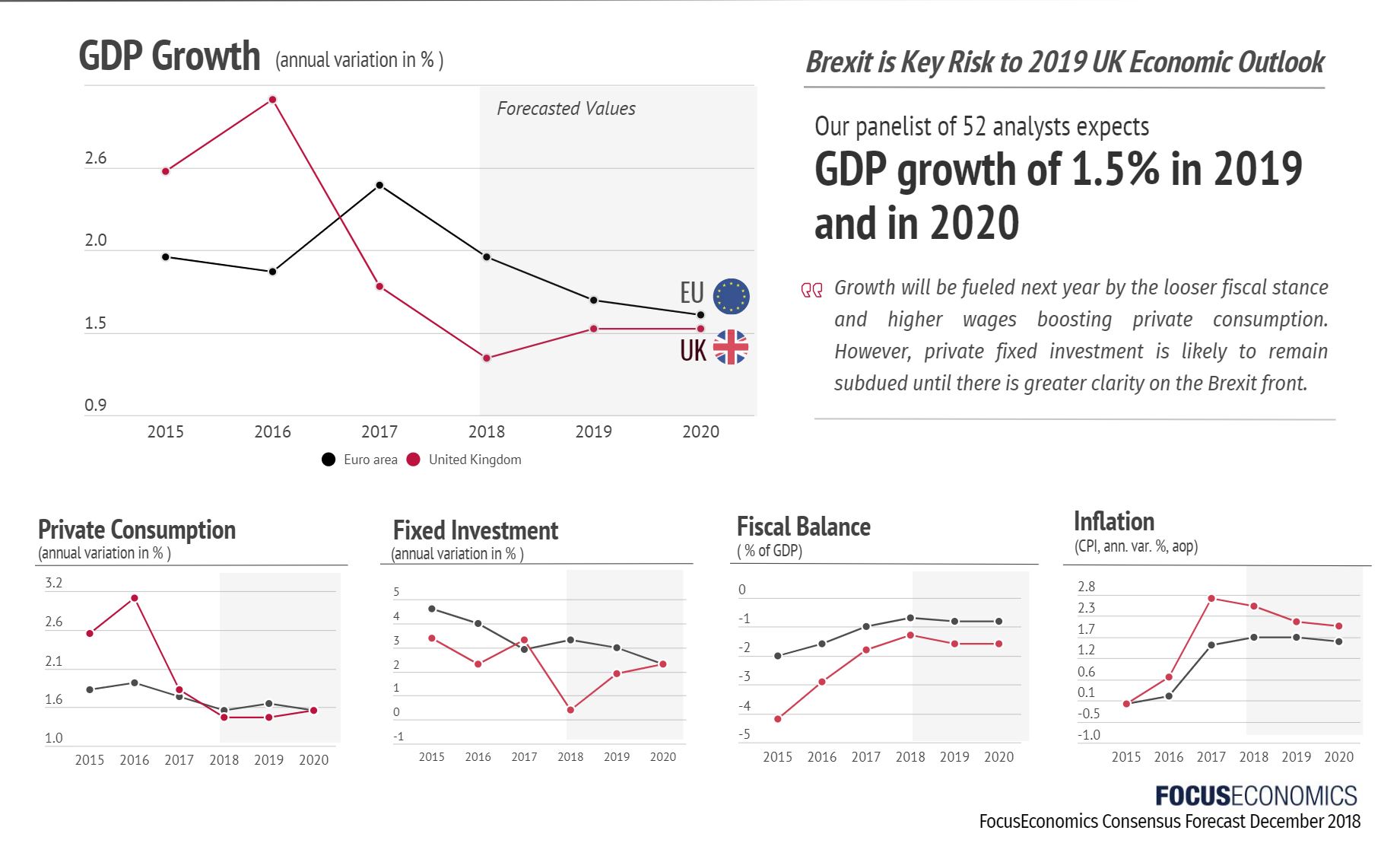Bailey Urges Closer EU Trade Links To Mitigate Brexit Economic Impact

Table of Contents
The Severity of the Brexit Economic Impact
Brexit has had a multifaceted and detrimental effect on the UK economy. The severing of close ties with the EU single market has resulted in a range of negative consequences, impacting businesses, consumers, and the overall economic landscape. The Brexit economic consequences are far-reaching and continue to unfold.
-
Increased import/export costs due to tariffs and customs checks: New trade barriers have significantly increased the cost of importing and exporting goods between the UK and the EU. This added burden impacts businesses' competitiveness and drives up prices for consumers. The increased paperwork and logistical complexities associated with customs checks further add to these costs.
-
Reduced trade volume with EU member states: Since Brexit, the volume of trade between the UK and the EU has decreased. This decline reflects the impact of new tariffs, regulatory differences, and increased bureaucratic hurdles. The reduction in trade flows has negatively impacted various sectors of the UK economy.
-
Supply chain disruptions and delays: The new customs procedures and border controls have created significant disruptions to supply chains. Businesses face delays in receiving goods from the EU, leading to production bottlenecks and increased uncertainty. This has particularly affected sectors reliant on just-in-time delivery models.
-
Negative impact on specific sectors (e.g., fishing, agriculture, finance): Certain sectors have been disproportionately affected by Brexit. The fishing industry, for example, has faced reduced access to EU waters, impacting its viability. Similarly, the agriculture sector has been impacted by changes to trade arrangements and labor shortages. The financial services sector has also experienced challenges due to reduced access to the EU market.
-
Loss of access to EU funding programs: The UK's withdrawal from the EU has meant a loss of access to significant funding programs that supported research, innovation, and regional development. This has had a noticeable impact on various sectors and regions of the UK.
Strengthening EU Trade Links as a Mitigation Strategy
Strengthening trade agreements with the EU offers a powerful strategy to alleviate the negative Brexit economic impact. A renewed focus on closer cooperation could unlock significant economic benefits and mitigate many of the challenges currently faced.
-
Reducing tariffs and customs barriers: Negotiating reduced or eliminated tariffs on goods traded between the UK and the EU would significantly lower costs for businesses and consumers. This would improve competitiveness and boost trade volumes.
-
Streamlining trade processes to improve efficiency: Simplifying customs procedures and reducing bureaucratic hurdles would improve the efficiency of trade flows. This could involve utilizing advanced technologies and collaborative efforts to minimize delays and streamline the movement of goods.
-
Improving market access for UK businesses in the EU: Enhanced market access would allow UK businesses to compete more effectively in the EU single market. This requires addressing regulatory differences and ensuring a level playing field for UK firms.
-
Facilitating easier movement of goods, services, and people (where possible): While free movement of people is not currently on the table, easier movement of goods and services is essential. This could involve simplifying visa processes for business travelers and streamlining the movement of goods across borders.
-
Potential for new trade deals focusing on specific sectors: Targeted trade deals focusing on specific sectors, such as financial services or digital trade, could unlock significant economic benefits and address sector-specific challenges arising from Brexit.
Specific Examples of Potential Trade Cooperation
Closer trade cooperation holds the potential for significant benefits across various sectors. For example:
-
Financial services trade: A comprehensive agreement on financial services could ensure continued access to the EU market for UK financial institutions, mitigating the significant economic impact of Brexit on this key sector. This would require addressing regulatory convergence and ensuring a stable framework for cross-border financial activities.
-
Data sharing agreements: Robust data sharing agreements would facilitate collaboration in areas such as research, innovation, and digital services. This is crucial for competitiveness in the digital economy and requires careful consideration of data privacy and security concerns.
-
Digital trade agreements: Agreements on digital trade would address issues such as data flows, cybersecurity, and e-commerce, facilitating trade in the rapidly growing digital economy. This is particularly important given the UK's ambition to become a global leader in digital technologies. EU-UK cooperation in this area would be mutually beneficial.
Bailey's Proposal and Political Landscape
While the specifics of Bailey's proposals remain to be fully detailed, the core idea centers on pursuing closer alignment with EU regulations in key areas to facilitate smoother trade. This approach would likely involve compromises and concessions from both sides.
The political landscape surrounding closer EU-UK trade links is complex. Some factions advocate for a complete divergence from EU regulations, while others recognize the economic benefits of closer cooperation. Negotiations will require navigating these diverse perspectives and addressing concerns about national sovereignty and economic independence. Successfully implementing such proposals will depend on overcoming significant political obstacles and reaching a consensus on the level of alignment and cooperation that is acceptable to both sides.
Conclusion
The Brexit economic impact is substantial, and strengthening trade links with the EU is a key strategy for mitigation. Bailey’s proposals, while facing political challenges, offer a viable path towards reducing the negative consequences of Brexit. Closer cooperation on trade, particularly in areas like financial services and digital trade, could unlock significant economic benefits. The need for effective strategies to mitigate the Brexit economic impact is urgent. Supporting initiatives that foster closer EU trade links is crucial for the future prosperity of the UK. Let's advocate for policies that prioritize mitigating the Brexit economic impact through strengthened EU trade relationships.

Featured Posts
-
 Understanding The California Transgender Student At The Heart Of Trumps Funding Threat
May 31, 2025
Understanding The California Transgender Student At The Heart Of Trumps Funding Threat
May 31, 2025 -
 Sanofi Et Dren Bio Accord Pour L Acquisition D Anticorps Bispecifiques
May 31, 2025
Sanofi Et Dren Bio Accord Pour L Acquisition D Anticorps Bispecifiques
May 31, 2025 -
 Il Neorealismo Italiano Attraverso Le Fotografie Di Arese Borromeo Ladri Di Biciclette
May 31, 2025
Il Neorealismo Italiano Attraverso Le Fotografie Di Arese Borromeo Ladri Di Biciclette
May 31, 2025 -
 Giro D Italia 2025 Vatican City To Host Final Stage In Papal Honor
May 31, 2025
Giro D Italia 2025 Vatican City To Host Final Stage In Papal Honor
May 31, 2025 -
 Tudor Pelagos Fxd Chrono Pink Watch Release Information And Specs
May 31, 2025
Tudor Pelagos Fxd Chrono Pink Watch Release Information And Specs
May 31, 2025
